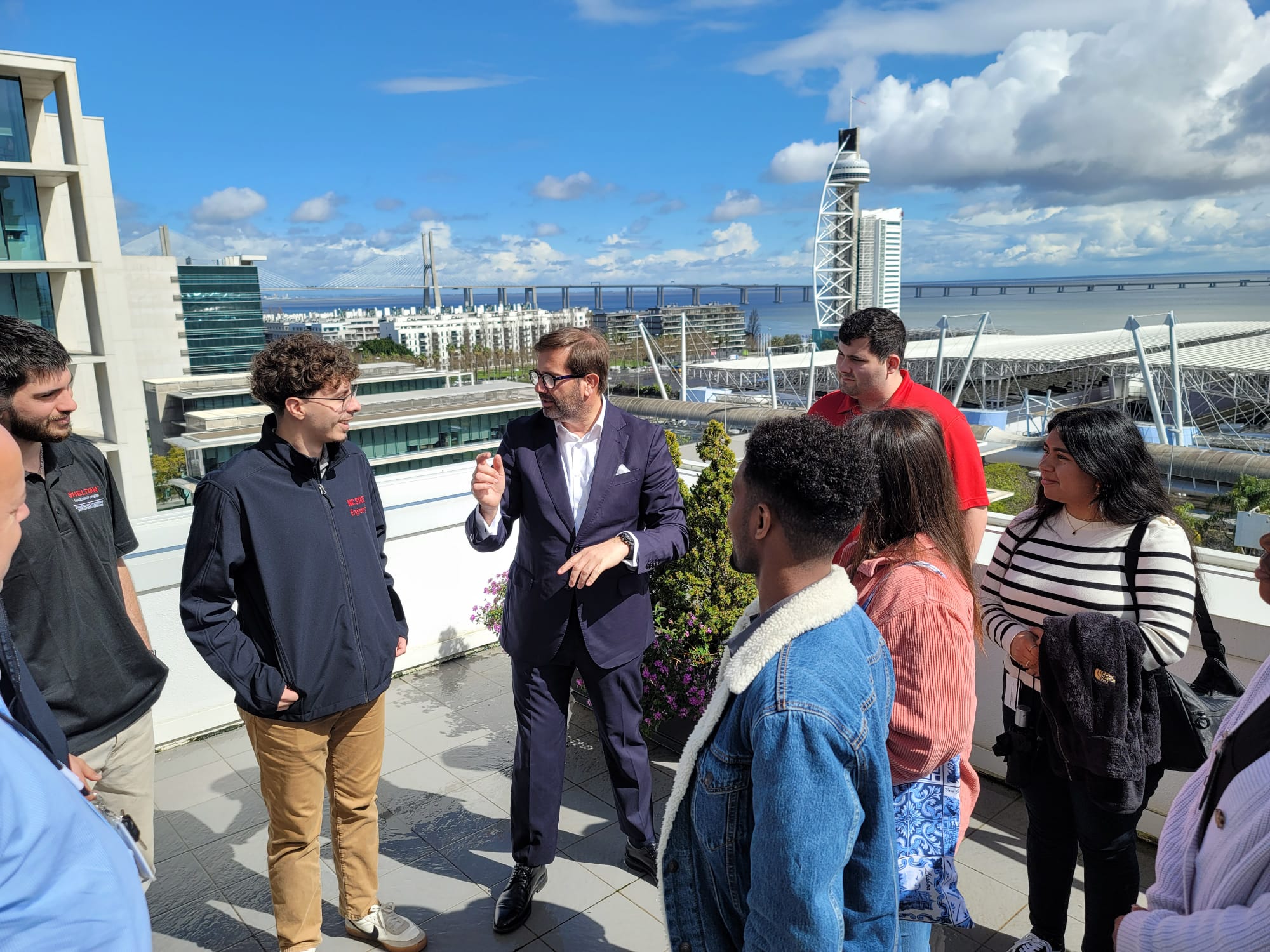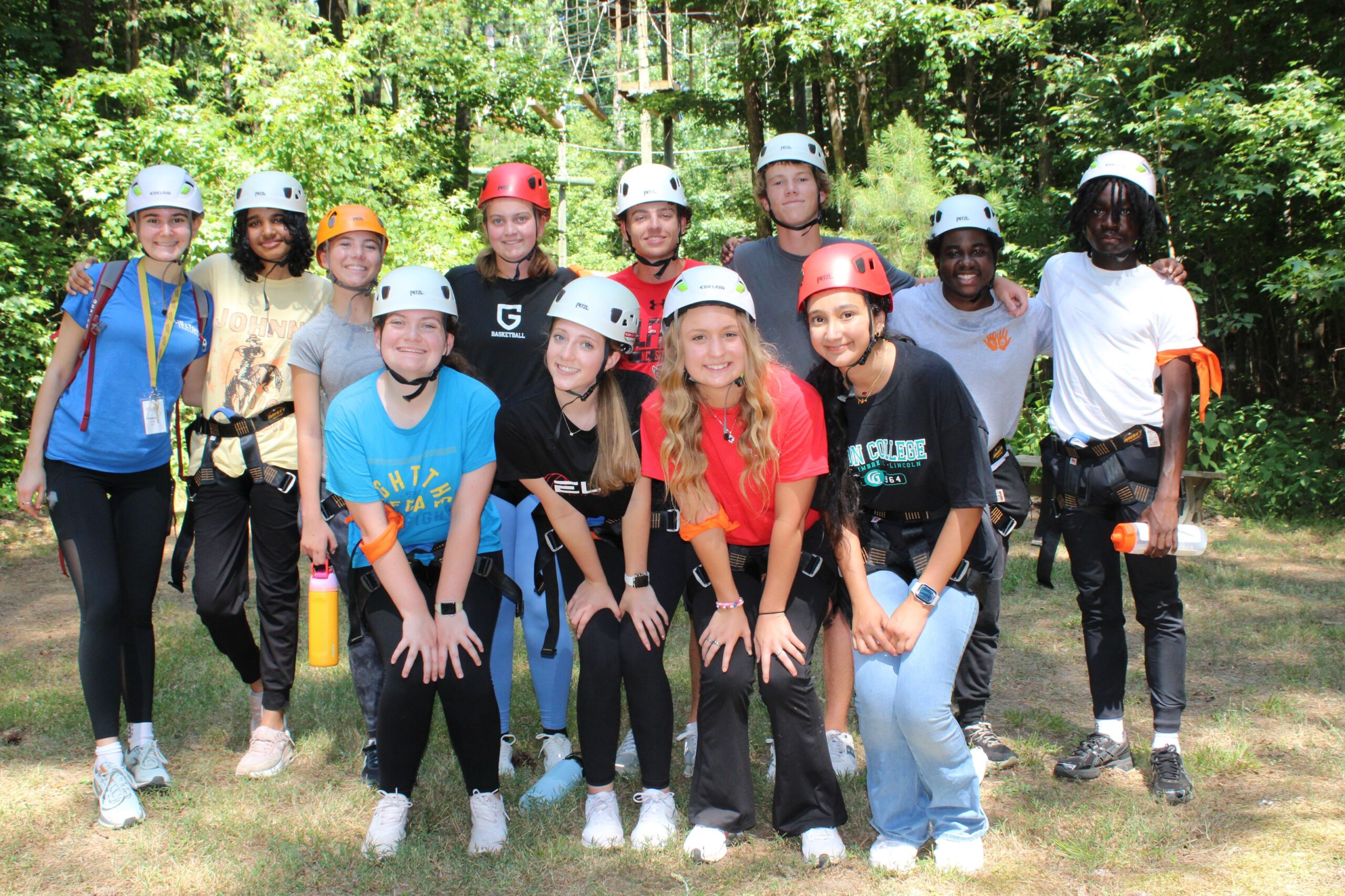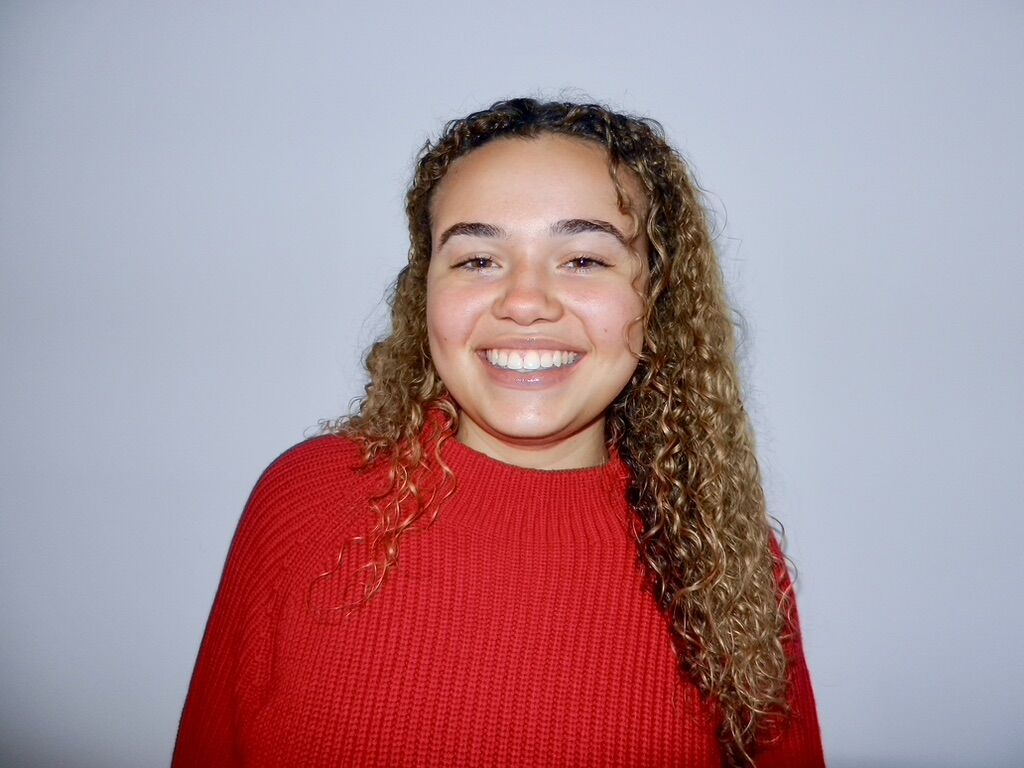Unlocking Potential: Shelton Leadership Center Hosts Gallup CliftonStrengths Workshop for Faculty and Staff Across the Triangle
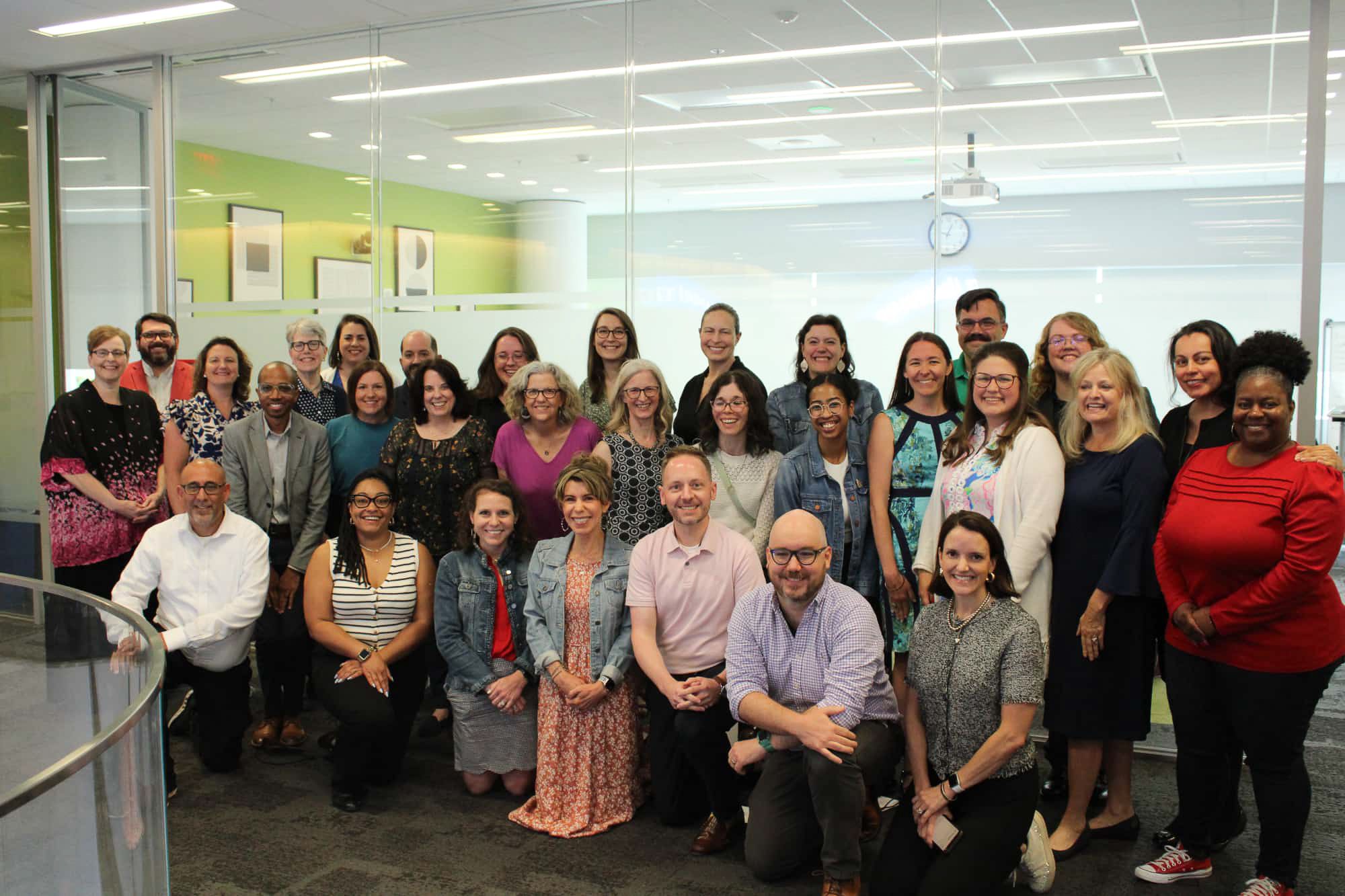
For leaders who direct cross-functional and interdisciplinary teams, it’s essential to leverage every team members’ values, strengths, and goals. This led to the Shelton Leadership Center (SLC) coordinating a dedicated space for higher education professionals across the UNC System and other institutions to complete a certification program designed to upskill how they utilize strengths and values within their organizations and to serve emerging leaders.
During the week of May 5, SLC hosted a CliftonStrengths Certification Workshop to provide strengths development learning opportunities to support these professionals in developing emerging leaders. The workshop centered on the Gallup CliftonStrengths Talent Assessment, which provides a detailed report to users that breaks down their unique strengths to help them better understand how to thrive at work.
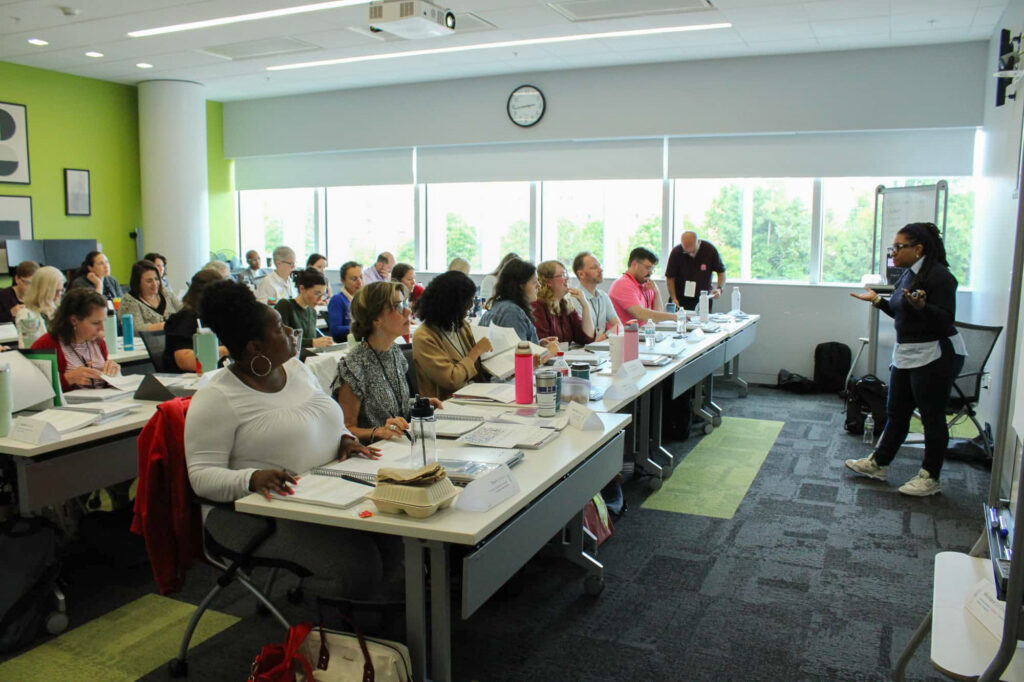
Among the cohort completing the certification course were over 30 professionals who spanned various functional areas within higher education from institutions including NC State University, University of North Carolina at Chapel Hill, and Duke University. The offering from SLC also allowed these professionals to attend the workshop at a reduced cost.
For SLC Senior Associate Director Tiffany McLean, who coordinated the certification workshop with Gallup CliftonStrengths, this was an essential opportunity to gather higher education professionals across North Carolina and elevate their ability to coach, support, and work with their stakeholders. Additionally, CliftonStrengths is already woven into programming for first-year students at NC State. Thus, the workshop also provided a chance to align faculty and staff with content that students are accessing early in their educational experiences.
“In 2019, NC State partnered with Gallup to offer the CliftonStrengths Assessment as the common first year experience for all incoming students. As of today, every undergraduate student at NC State University has access to take this course, and many first year courses are using this assessment to help students better understand their natural talents and how to use them to be successful as students, as student leaders, and as young professionals,” McLean said. “However, the University had not offered a certification course to train faculty and staff on how to maximize this tool for increased impact in their classrooms and beyond. We saw this as an opportunity to serve the NC State community by bridging departments and resources to make this training a success. Once we started to promote this opportunity, we found that other universities in the area were also using this tool for students, faculty, and staff, but had not formally trained employees. We are excited to bring together higher educational professionals from so many backgrounds.”
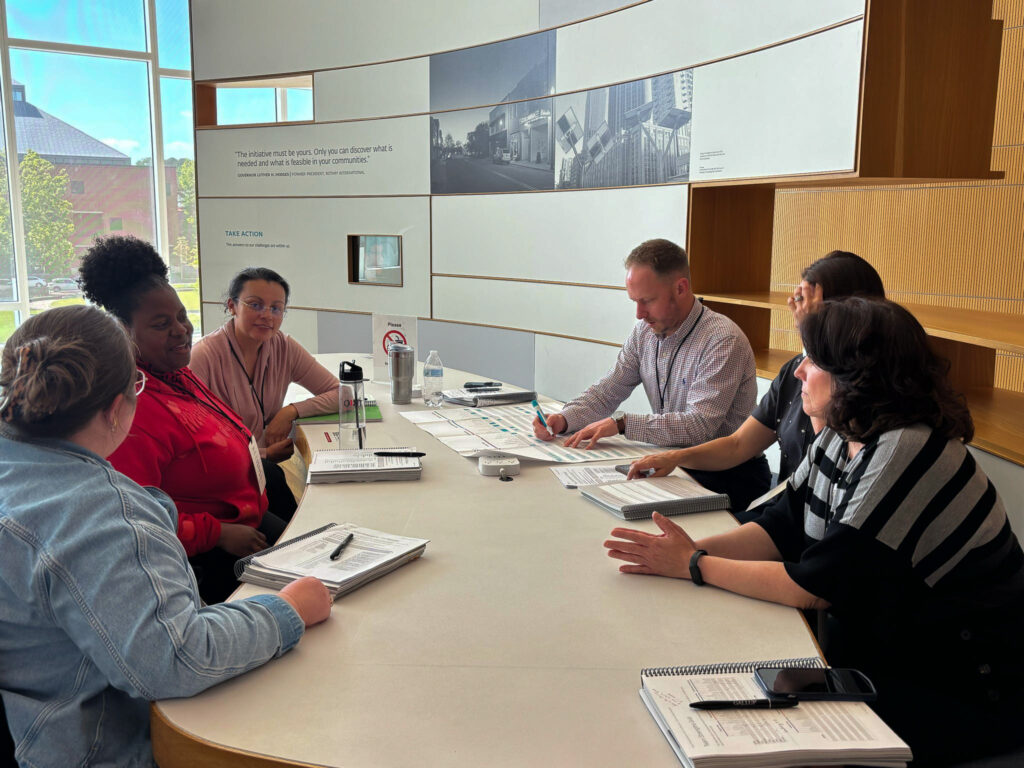
During the five-day intensive certification training, the cohort was introduced to their own strengths and talents evaluation, encouraging them to lean on the skills that help them flourish. They also learned how to best collaborate, coach and interact with individuals who have different strengths than their own.
Attendees spent time each day working on coaching another member of the cohort, and analyzing the ways in which they could apply the coaching skills to their own work with students, faculty and staff. This application of coaching and engagement helped attendees to grasp an understanding of both their top-level and lower-level strengths, according to Eleanor Baker, an Extension Organizational Development Program Associate with NC Cooperative Extension. Baker works with Extension employees throughout the state to coordinate professional development opportunities.
“I think this workshop is helping me re-energize and think about why I was drawn to this work in the first place. It helps me see throughlines in my top-ten strengths of why I am good at what I do, and how I can lean into those strengths to continue improving the quality of programming and training that I provide to our employees across the state,” Baker said. “And also, the workshop focuses on giving myself some grace about the strengths that are at the bottom of the report – those lesser strengths… I have really enjoyed that insight about myself and learning pretty practical things that I could take back and implement into how I do my work.”
For many in the cohort, the workshop was especially useful in supporting their work in the capacity of student mentorship. Shawn Pulscher, an associate director for MBA career services at Duke’s Fuqua School of Business Career Management Center, said completing the certification will help him to leverage CliftonStrengths to support students as they maneuver their own leadership strengths and professional talents. This is what drove Pulscher to attend the certification workshop.
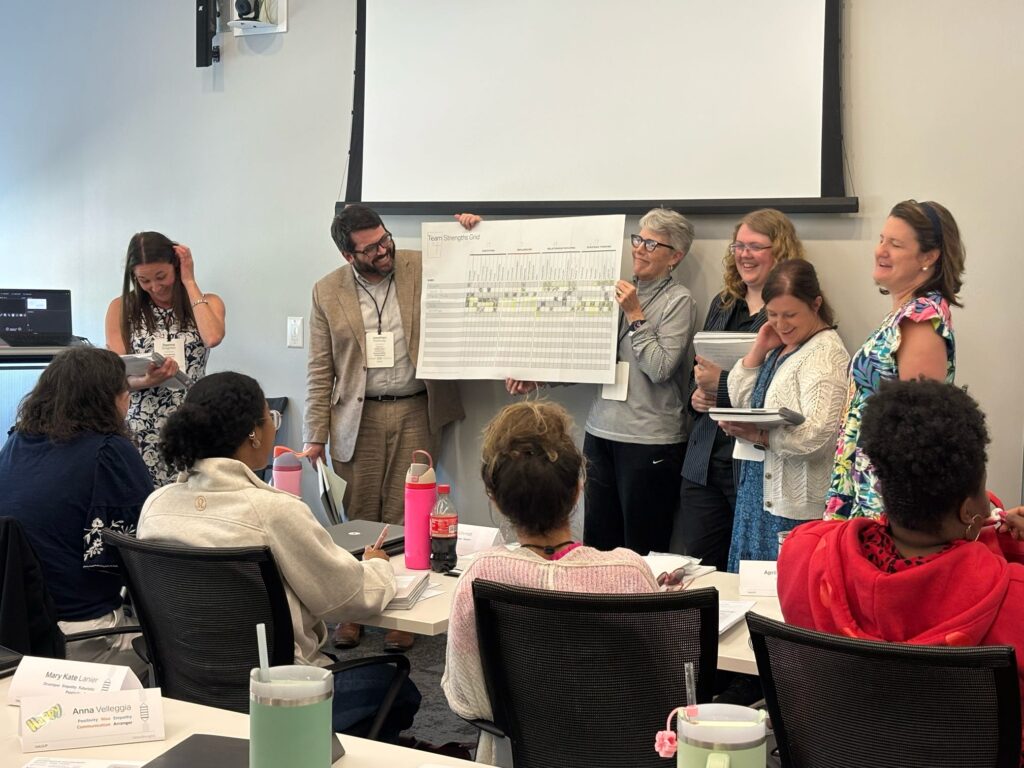
“I’ve been working with CliftonStrengths with [Duke MBA] students for seven years as a career coach. Part of [the draw of attending the workshop] was being a subject matter expert so I could help our students get the most out of the CliftonStrengths Assessment. Another motivating factor is that I have been privileged to work with a number of certified Strengths coaches at a number of different institutions,” Pulscher said. “And I don’t think it is a coincidence; they are all amazing coaches. Part of it was seeing how this content – this training – elevated their coaching skills, and I wanted to be a better coach.”
According to Victoria Lo, an academic advisor in NC State’s biological sciences department, the certification course promoted practical ways that educators can reach and develop emerging students and leaders. Specifically in her role, Lo works with incoming students as they transition from high school to college. The CliftonStrengths course has now provided her a more in-depth rolodex of skills to implement when supporting students.
“I work with our Life Sciences first-year population, which is incoming first-year students typically straight out of high school. We use this in the classroom already as part of the Common Experience at NC State,” Lo said. “So, I am excited to take what I have learned this week and be more intentional in my usage in the classroom for our LSC 103 course to work with those students and help them see how their strengths are impacting their career decisions, their experiences on campus, and what they choose to get involved with. I look forward to really maximizing that time with them during their first year before they matriculate into their majors on campus.”
Participants at the workshop serve the higher education field in various functional areas, including human resources, student support, faculty development, and more. Extending the workshop to professionals from across North Carolina institutions created a learning environment that fostered cross-functional idea-sharing and professional bridges for attendees who had the opportunity to meet new people from their home institutions and other universities.
For Melvin “Jai” Jackson, assistant vice provost for academic administration in the NC State Office for Faculty Excellence, the representation from various institutions was one of the key elements that enhanced the workshop’s impact for him and the rest of the cohort.
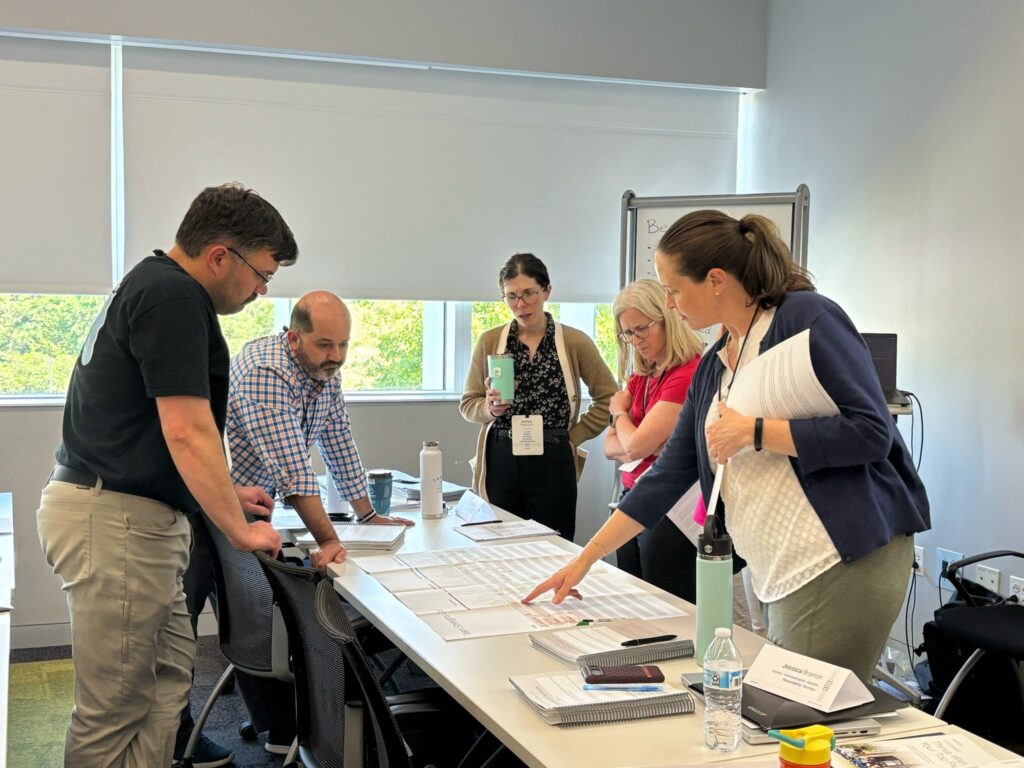
“It has helped to really create this community of practice amongst folks within the program. Even in this short amount of time, we have talked about how we can collaborate to create a more beneficial environment and extend a network that would pay dividends to those that we work with. I have enjoyed hearing about the different experiences and how individuals have utilized similar programs or have planned to utilize similar programs in their practice and in their professions, from career services to extension work from HR to individuals in library sciences as well as those who work exclusively with students and community members,” Jackson said. “I think it’s been great because you hear about how you take what we learn and apply it to different contexts. But also, I am seeing the overlap in a lot of these things. For me, it helps to create this bigger picture of how we create a life cycle of leadership support for individuals who are at the student level all the way to staff and faculty, and I think that is great. I think it provides an avenue to extend while also creating something that is effective and hyper-efficient.”
As the certification concluded, the cohort attended a graduation ceremony during which they received their certificate, shared their key takeaways with the group, and reflected on the workshop. For Brian Lackman, the associate director of Student Life and Leadership at UNC – Chapel Hill, the workshop provides a lasting impact – even for professionals who have extensive experience working with CliftonStrengths previously.
“I think it is a really valuable tool and service you can provide to others. Especially, if you care about coaching people one-on-one, if you care about the individual growth of the people you work with. And so, I know I am really excited to see how I can differently engage in this in my role as a supervisor for my full-time staff as well as the people I indirectly supervise – my undergraduate and graduate students – as well as the undergraduate and graduate students I also serve as advisors to when it comes to student organizations or other experiences on campus,” Lackman said. “By doing the package that we were able to do, thanks to the Shelton Center, it was a wonderful opportunity to get training that, otherwise, I never could have afforded. Practically, intentionally, experientially, the whole thing was a really wonderful opportunity.”
The SLC is also grateful to NC State New Student Programs for their assistance with contracts and deposits, which allowed us to make this a reality.
SLC plans to coordinate future iterations of the certifications course for higher education professionals. If you would like to learn more or get notified when the next certification course registration opens, please fill out our interest form.
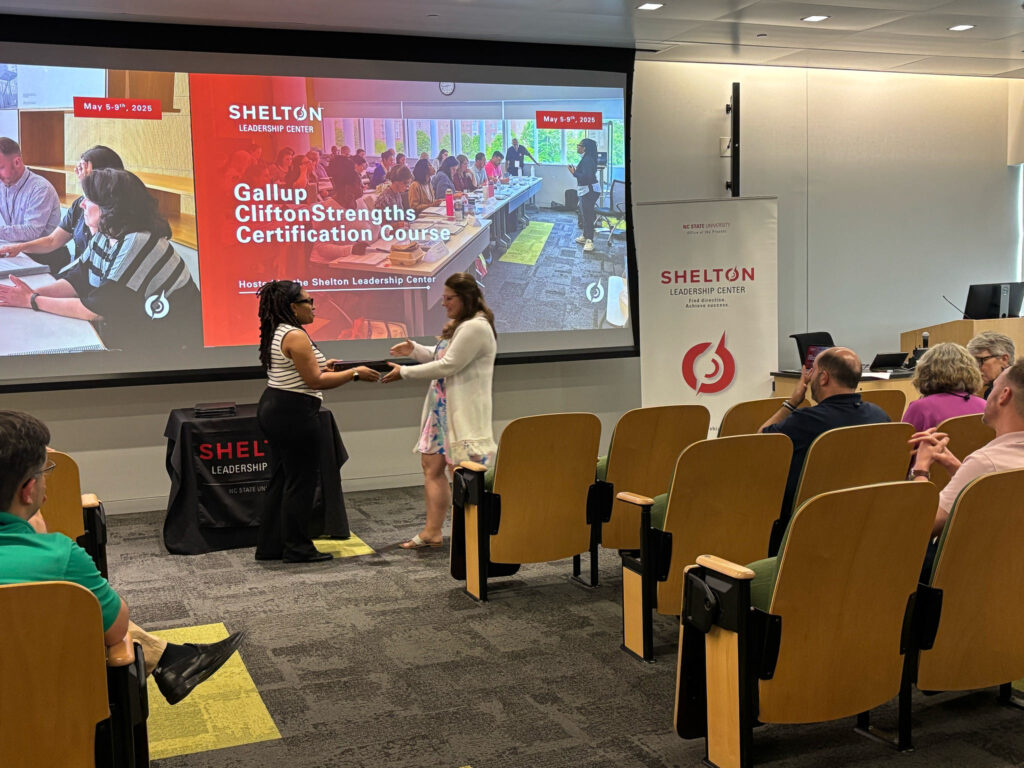
- Categories:
